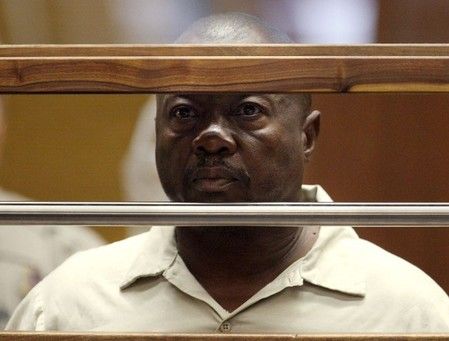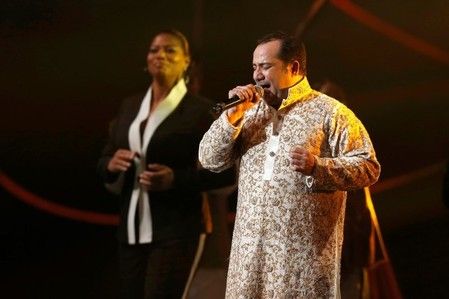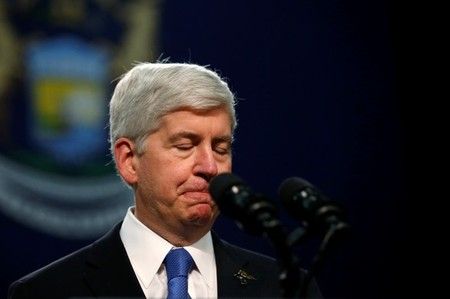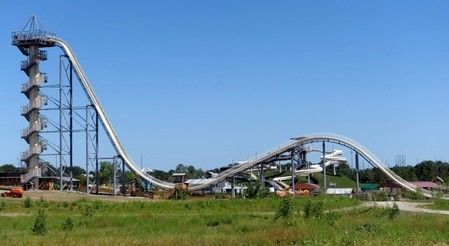Advertisement
Los Angeles jury calls for death penalty in ‘Grim Sleeper’ trial

By Dan Whitcomb
LOS ANGELES (Reuters) – A Los Angeles jury recommended the death penalty on Monday for the former sanitation worker they convicted of carrying out a string of murders dating back three decades as the so-called “Grim Sleeper” serial killer.
The recommendation, which must be formally upheld and imposed by a judge at a sentencing hearing scheduled for August 10, came after about eight hours of deliberations, the Los Angeles County District Attorney’s Office said.
The seven-woman, five-man jury was charged with deciding whether 63-year-old Lonnie Franklin Jr., whom they found guilty last month following an 11-week trial, should face the death penalty or life in prison. Franklin was convicted on May 5 of shooting seven women to death between August 1985 and September 1988, then strangling a 15-year-old girl and strangling or shooting two other women in a second round of killings between March 2002 and January 2007.
The jury also convicted Franklin of attempted murder for an attack on an 11th victim, Enierta Washington, who survived being shot in the chest, raped, pushed out of a car and left for dead in 1988. She testified against him at the trial.
Prosecutors said Franklin stalked the streets of South Los Angeles as he preyed on prostitutes and drug addicts in a crime spree dating back 30 years to the mid-1980s, at the height of a crack cocaine epidemic that gripped the area.
His victims’ nude or partially clothed bodies were found dumped in alleys and trash bins. Pictures of some victims were discovered in a collection of 180 photos recovered from his home, police said.
A lapse of more than 13 years between two spates of murders he was charged with committing earned the killer the “Grim Sleeper” moniker. But since Franklin’s 2011 indictment, police said they had linked him to several more unsolved slayings, some from the previously presumed lull in killings.
While Franklin was not charged with those additional slayings, prosecutors in the penalty phase were permitted to present testimony about five such cases, including two in which no bodies were ever found.
Defense attorneys argued during the penalty phase that imposing the death penalty would only delay the healing process for the victims’ families.
California has not carried out an execution since 2006, when a federal judge found problems with its three-drug cocktail for lethal injection. The state is still trying to approve a new drug protocol.
(Reporting by Dan Whitcomb and Alex Dobuzinskis in Los Angeles; editing by Peter Cooney and Bernard Orr)










